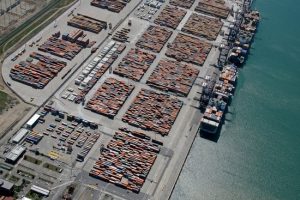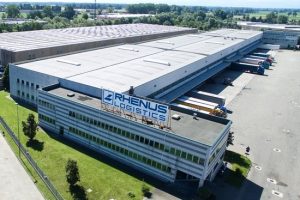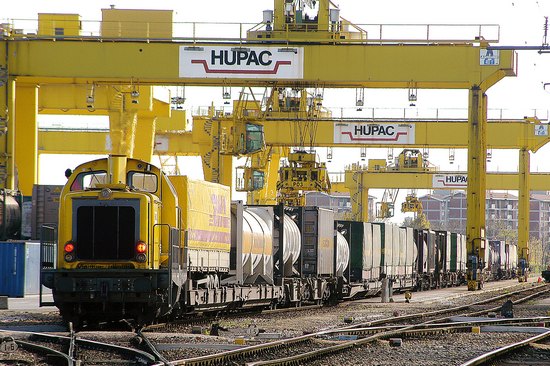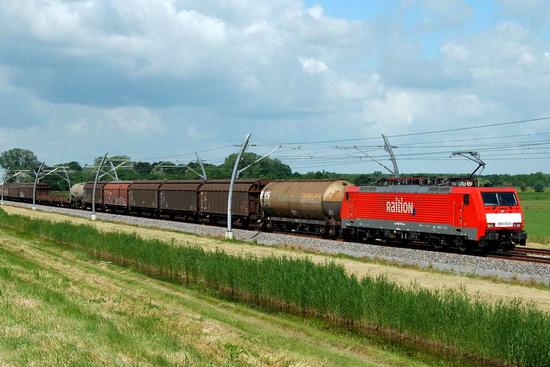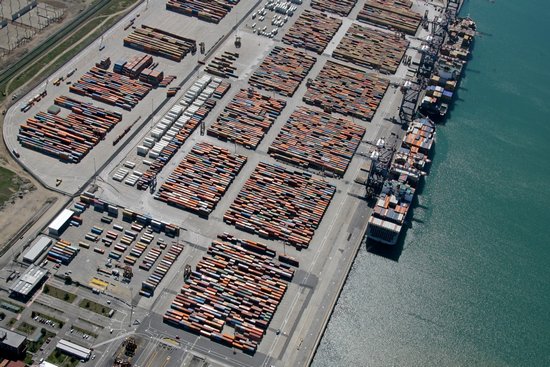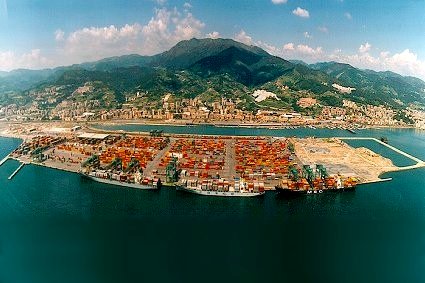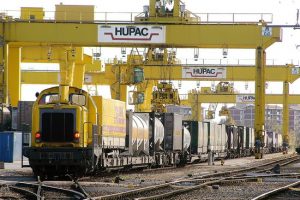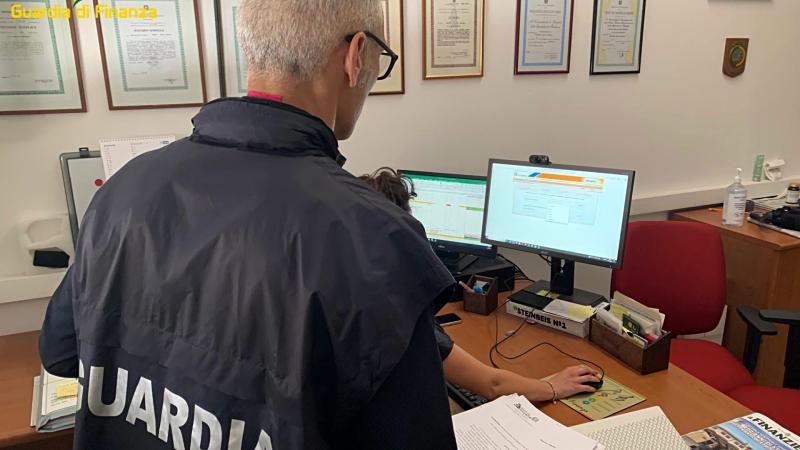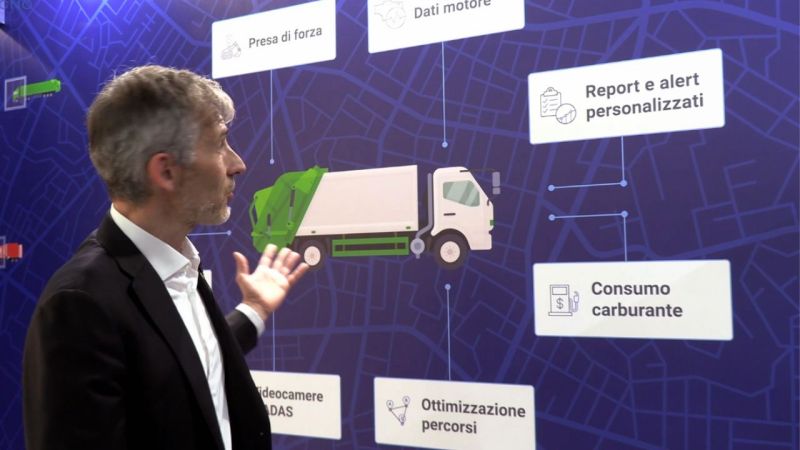On September 20, 2024, Rhenus announced two significant projects aimed at boosting its operations along the Trans-Caspian Transport Route, which connects Asia and Europe through the Caspian Sea region, part of the Middle Corridor. These projects stem from German Chancellor Olaf Scholz's visit to Central Asia with a delegation of business leaders, including Rhenus CEO Tobias Bartz.
During this trip, Bartz signed an agreement to establish a joint venture with AO Uztemir'yolkonteyner, a subsidiary of Uzbekistan Railways, to develop a logistics platform in Andijan, eastern Uzbekistan. Additionally, Bartz signed a memorandum of understanding with Kazakhstan's NC Aktau Sea Commercial Port to develop an intermodal terminal at the port of Aktau, on the Caspian Sea in Kazakhstan.
These investments are part of Rhenus Group’s broader strategy, which has maintained a presence in Central Asia for nearly 30 years. This region has become a key hub for trade between Asia and Europe, with the growing importance of its transportation infrastructure underscored by Chancellor Scholz’s direct involvement, leading a delegation aimed at strengthening ties between Germany and Central Asian countries.
Tobias Bartz emphasized the importance of the Eurasian corridor, calling it an internationally significant trade route that supports the European Union's diversification strategy. "The Eurasian corridor is not only an internationally significant trade route that contributes to the European Union's diversification strategy, but also a strategic lever for the global economy," said Bartz. He added that the investments in Kazakhstan and Uzbekistan, supported by both local governments and Germany, aim to strengthen regional infrastructure, thereby enhancing the position of German industry and local exports in global markets.
The joint venture with Uzbekistan Railways and the development of a logistics hub in Andijan mark one of the first initiatives of this collaboration. Andijan, located in the Fergana Valley, is one of the most dynamic regions of Central Asia, with a high population density and strong economic potential. The creation of a state-of-the-art logistics center will optimize the flow of goods not only within Uzbekistan but also to neighboring markets.
Simultaneously, the development of an intermodal terminal in Aktau, on the Caspian Sea, will further strengthen the Trans-Caspian Transport Route, also known as the Middle Corridor. This alternative to the New Silk Road is gaining increasing relevance as it offers an efficient logistical solution for connecting Europe and China through Central Asia. The port of Aktau, located along Kazakhstan’s Caspian coast, is set to become a key logistical hub for managing the flow of goods across the region.
Equally significant are Rhenus Group's initiatives in the South Caucasus. With a strong presence in Turkey, Rhenus is building a seamless distribution network that crosses the Caucasus and connects Europe to Central Asia. The Trans-Caspian Transport Route, already the subject of significant infrastructure investments, remains a crucial alternative trade route for transporting goods between Europe and China, especially as global transportation routes diversify.
The European Bank for Reconstruction and Development estimates that around €18.5 billion in infrastructure investments are needed for projects related to the Trans-Caspian Transport Route in Central Asia. The European Union, through its Global Gateway program, has pledged €10 billion to develop sustainable transport connectivity in Central Asia, including this route. Meanwhile, the European Investment Bank has signed memoranda of understanding worth €1.47 billion with the governments of Kazakhstan, Kyrgyzstan, Uzbekistan, and the Kazakhstan Development Bank for projects related to the Trans-Caspian Transport Route.










